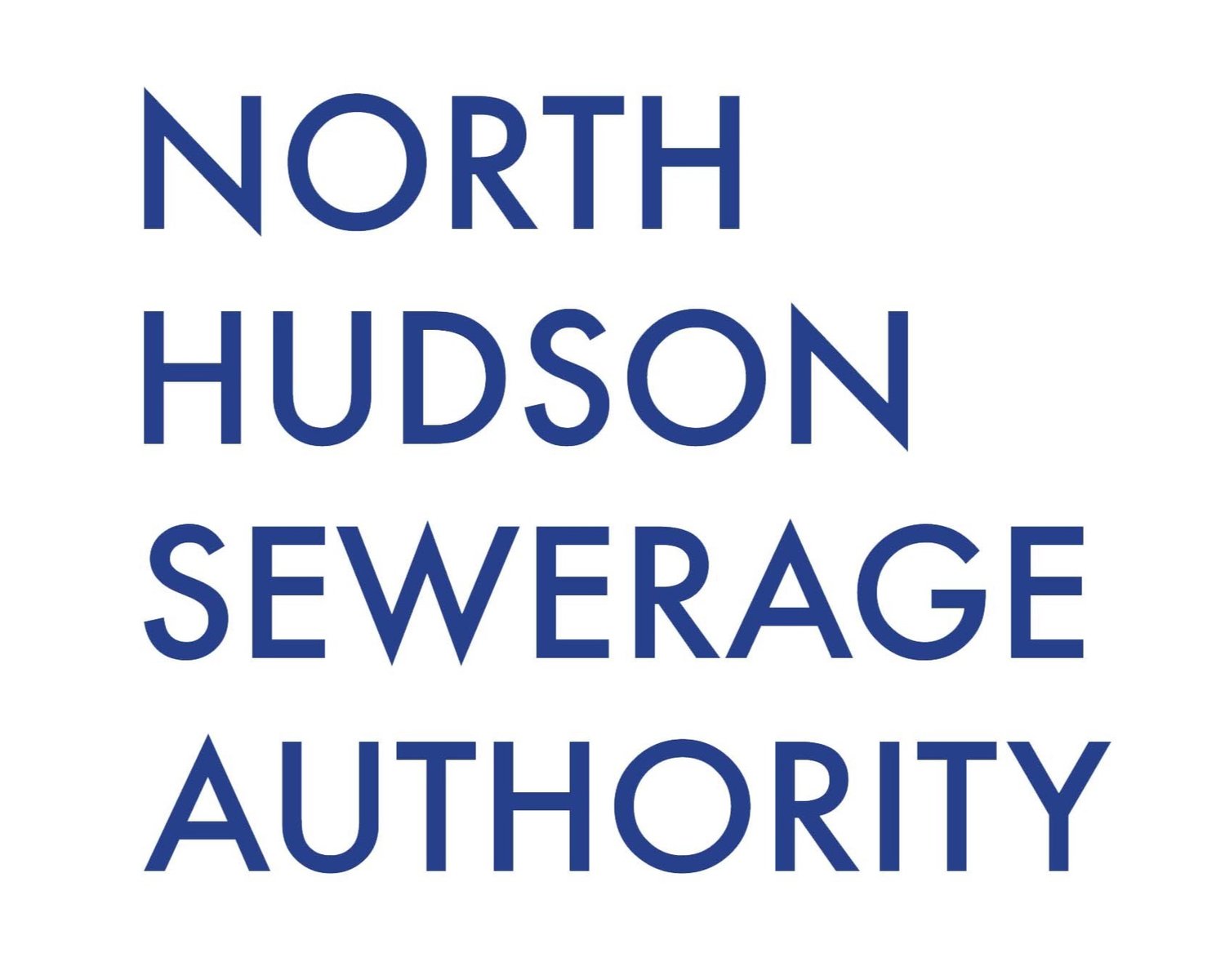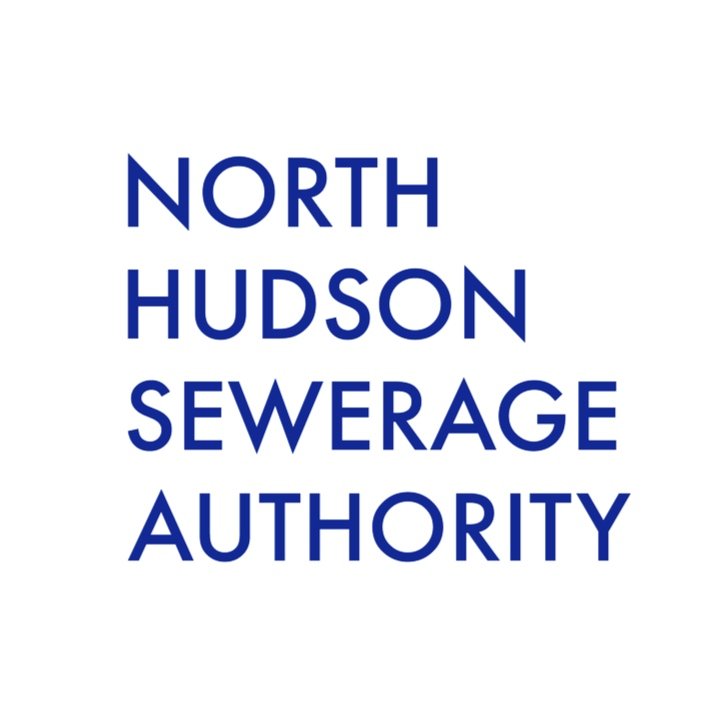Billing Info
Low-Income Household Water Assistance Program (LIHWAP)
The State Low Income Household Water Assistance Program (LIHWAP) can help you pay arrears for your water and sewer bills. The program may also be able to help address tax liens due to water and sewer arrears. To get more information and apply, go to waterassistance.nj.gov or call NJ211.
El Programa estatal de Asistencia con el Agua para Hogares de Bajos Ingresos (LIHWAP) puede ayudarle a pagar sus facturas atrasadas de agua y alcantarillado. El Programa también puede brindar ayuda para los gravámenes tributarios por cuentas pendientes del agua y alcantarillado. Para más información y solicitar asistencia, vaya a waterassistance.nj.gov o marque el NJ211.
Sewer Bill Calculation
The sewer bill is calculated based on water consumption, a billing methodology provided for by the U.S. EPA and NJDEP. For North Hudson customers, an individual property’s water consumption is determined by meter readings undertaken by the Veolia Water Company. The sewer bill is based on the previous quarter’s water usage. For example, a customer’s third quarter Veolia water bill (July, August and September) is the basis for the NHSA’s fourth quarter sewer bill (October, November and December). The water usage is calculated in cubic feet by Veolia and NHSA converts the consumption reading into gallons (1 cubic foot = 7.48 gallon). The current sewer rate is applied to the water usage in gallons. The first 6,000 gallons are billed at a flat minimum charge. Click here for the wastewater service charge.
Property Sales
At the sale of a property, it is the seller’s responsibility to request a final sewer bill. This is done by first obtaining from Veolia a final water meter reading. Once the seller has the final Veolia water reading, a request should be submitted to NHSA for a final sewer bill. Requests for final sewer bills can be made only when a final water meter reading has been completed.
How to Request a Final Sewer Bill:
Fill Out the Form: For detailed instructions and to access the required form, please visit the following link: Request a Final Sewer Bill
Email: Send an email to finalbills@nhudsonsa.com with the service address and "Final" in the subject line.
Mail: Send a letter to:
NHSA Billing Department
1600 Adams Street
Hoboken, NJ 07030
Tenant Accounts
Please be advised that all NHSA accounts, by state law, are ultimately the responsibility of the property owner, not individual tenants. In municipalities that permit wastewater charges to be passed through to tenants, NHSA may, as a courtesy to the property owner, bill individual tenants who have separate water meters. Nevertheless, property owners are ultimately responsible for any unpaid bills. It is advisable that those owners, who are permitted to pass through wastewater charges, request duplicate bills. For authorization and official resolution, click here.
Tax Sales
If a customer receives a tax sale notice from a municipality regarding a sewer bill delinquency, the amount due, including fees, must be paid directly to the municipal tax collector by either certified check or cash. Once a customer receives a tax sale notice from the municipality, payment cannot be accepted by NHSA. Customers may contact North Hudson’s Billing Department at 201.963.6043 or email billinginfo@nhudsonsa.com to review their sewer bill or to ensure that they have not been placed in tax sale erroneously. Please be advised if the full amount due is not paid to the municipal tax collector prior to the tax sale date, a lien will be placed on the property. If a lien is placed on the property, it can only be redeemed through the municipal tax office.
Billing Adjustments
Please keep in mind that sewer bills are based on water consumption as reported by Veolia Water Company. If you receive an adjustment from Veolia that impacts your consumption or amount due on your water bill, it is your responsibility to notify NHSA’s Billing Department. Although you may be under the impression that Veolia will notify North Hudson of adjustments to your account, it is not obligated to do so. Therefore, it is the customer’s responsibility to inform North Hudson of any adjustment decisions by Veolia either by email (billinginfo@nhudsonsa.com) (please put the service address and “Adjustment” in the subject line), by fax (201.963.3782), or in person at 1600 Adams Street, Hoboken. You will have to provide a copy of the corrected water bill in order for North Hudson to adjust your sewer bill. If you are disputing a bill with the water company, you are advised to pay the sewer bill to North Hudson in the interim. Interest on the sewer bill will be forgiven only on the portion of the bill that is affected by the water company’s adjustment, not on other legitimate sewer charges that are left unpaid during a billing dispute with Veolia.
Facilities Charge
For a residential building, the basis for the facilities charge is a “dwelling unit” or “service unit.” One service unit is defined as a single family home, a condominium unit, an apartment unit, or a transient dwelling unit. For a commercial establishment, the definition of a service unit is based on square footage, with one service unit equivalent to 3,000 square feet or part thereof (above or below 3,000 square feet) of every commercial, industrial, governmental, educational or institutional user.
Facility Charges – Questions and Answers
The facility fee is a charge that is implemented to cover the costs associated with the management and operation of the NHSA treatment facilities. The fee helps NHSA cover operational expenses, including the cost of treating and processing wastewater, maintaining treatment facilities and equipment, monitoring water quality, and complying with regulatory requirements. The purpose of a facility fee is to ensure that the costs associated with wastewater management are equitably distributed among customers based on their usage of the system. The Facility Fee allows NHSA to maintain high-quality treatment facilities, protect public health and the environment, and ensure the sustainability of the wastewater system over time.
Q. What is the Facility Charge?
A. The Facility Charge provides a set amount of revenue from each account that can be applied to the fixed costs of the Authority. Every year the Authority invests heavily in maintaining two treatment plants, 11 pump stations, and over 107 miles of underground sewer pipes. The facilities and equipment also require a fleet of specialty vehicles,
and teams of trained and certified operators and mechanics to ensure everything is in proper working order to move and clean your stormwater and sanitary flow. The Facility Charge is necessary to create rate equity and ensure funds are available to maintain and operate the system.
Q. What costs of wastewater service can be recovered from the Facility Charge?
A. In addition to the daily operation and maintenance of Treatment Plants and Sewers, the Authority has invested hundreds of millions of dollars in building and upgrading the wastewater infrastructure. A new pump station can cost $10 to $15 million to build, and its pumps that run 24/7 can cost hundreds of thousands of dollars to replace. Most of the equipment replacement projects are paid for by low interest rate borrowing from the New Jersey State Infrastructure Bank (I-Bank). The principal and interest costs on these loans are 46% of the Authority’s annual budget. The revenue from the Facility Charge represents about 10% of NHSA total annual revenue, paying for just a small portion of the I-Bank principal and interest costs.
Q. How is the Facility Charge calculated?
A. The calculation of the annual facility charge begins with the setting of the Facility Charge Rate (FCR) by an independent rate consultant. The rate consultant recommends a FCR that will offset a portion of the annual fixed costs. The annually adjusted FCR is then multiplied by the number of Facility Charge Units (FCU) assigned to each customer. For residential customers, FCUs are determined by the number of households or residential units. For example, a single-family home pays one (1) FCU; a two-family home pays two (2) FCUs; a three-family home pays three (3) FCUs, and so on. FCUs for non-residential or commercial customers are calculated differently than those for residential customers. Each commercial property is assigned a number of FCUs based on the size (square footage) of the property. Here are two examples, residential and commercial, of facility charges:
Residential, three (3) family home: FCR $10 (as determined by annual rate study) multiplied by FCU of 3 (three family units in the property) = $30 per quarter facilities charge or $120 for the year. Commercial, 3,000 sf: FCR $10 (as determined by annual rate study) multiplied by FCU of 1 (3,000 sf) = $10 per quarter for Facilities Charge or $40 for the year.
Q. How does the Facilities Charge differ from the Usage Charge?
A. The usage charge is based on consumption, using readings from Suez water meters. The Facilities Charge is based on the number of FCUs assigned to each property.
Q. Why can’t the Authority rely only on the usage charge?
A. The Authority has built its infrastructure to provide wastewater and stormwater service for all customers. Whether an individual customer uses a minimum number of gallons per quarter or 100,000 gallons per month, the infrastructure of the system must be “ready-to-serve” when needed. If all charges were based only on usage, the very low volume users would contribute a disproportionally low amount to the cost of the system that was built to serve them and all other customers.
Q. Do other water and wastewater utilities charge something similar to their customers?
A. Yes. The American Water Works Association and the Water Environment Federation both recommend the use of fixed charges to recover fixed costs. Across the country, a variety of utilities have facility charges in place, including clean water, electric, and gas utilities.
It is not our policy to terminate service to our customers, nor have we ever done so, although we have the legal right to interrupt service. Nevertheless, the State has asked us to post the following announcement. Please do not be concerned. If you are having difficulty paying your bills, please contact us to see how we may be of assistance.


